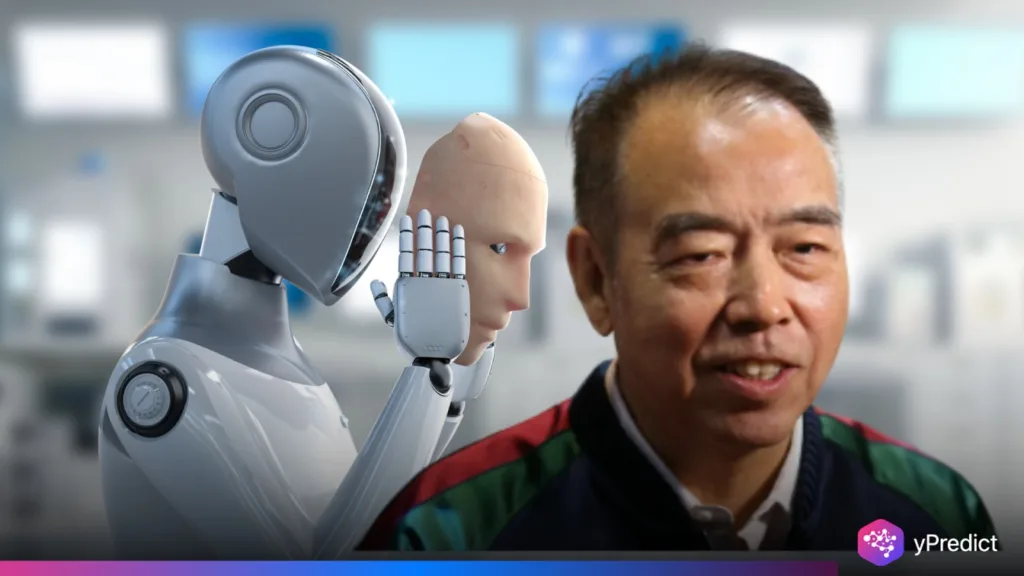
Chen Kaige ignited a controversy at the 2025 Golden Panda International Cultural Forum by declaring that AI can’t replace the human heart in filmmaking. The iconic director of ‘Farewell My Concubine’ told audiences in Chengdu that AI is a great tool, but it lacks warmth that makes great films memorable. His comments come as Hollywood weathers strikes and tense negotiations around AI’s expanding role in creative industries.
AI as Assistant, Not Replacement
Chen Kaige explained where AI truly shines in contemporary film The magic lies in resurrecting forgotten, tattered relics of cinema history — bringing fresh life to ageless films. No wonder VFX units are now turning to AI to render breathtaking backdrops and mindbending scenes that would be millions to do the old fashioned way. But Chen Kaige stressed these are just instruments in a director’s arsenal.
Technology has no warmth, great movies are always warm, he said to the forum audience. AI might, for instance, be able to learn viewer preferences and forecast box office hits with alarming accuracy. It speeds editorial workflows and it automates drudge work that used to take humans weeks. But there’s this essential component missing when machine supplants creative judgment.
The director hinted at his own weeper writing past. Each frame requires cultural literacy, historical weight and psychoanalyzing. AI audits data, but it overlooks the actors’ exchanged glances, or that perfectly timed pause before a punch line. Chen Kaige believes these moments is what makes some movies memorable and others forgettable.
The Human Touch Remains Supreme
Ai regulations face harsh reality creative industries Since yes, machines are great at pattern recognition and number-crunching, but they sucks at genuine emotional storytelling. Chen Kaige felt that a director’s vision changes everything about a film, from casting to the final color grading. Screenwriters have lived experience and culture no algorithm can supplant. They make intergenerationally resonant conversation because it arises from human observation and empathy. They channel primal sentiment in their art — hitting hidden valves of rapture and torment and everything in between.
These concerns were front and center at the forum in Chengdu as international film delegates debated technology’s impact on creative labor. But like Chen Kaige, most of the jury felt AI ought to augment — not replace — human creativity. They’re scared algorithmic assistance, if abused, could produce work that sounds machine generated — technically flawless, soulless. Studios are also turning to AI for market research and audience targeting. The technology can detect patterns and predict what articles will publish. But Chen Kaige says that blindly following algorithmic prompts is a formula for cookie-cutter content devoid of any genuine artistic vision.
Balancing Innovation with Artistic Integrity
Hollywood at the crossroad between what technology allows and what innovation demands. Chen Kaige’s vision steers us through this treacherous landscape but preserves what keeps movies mesmerizing. His philosophy embraces AI’s pragmatic benefits, yet protects the anthropomorphic essence that gives our movies their soul.
Smart integration, by contrast, is about unleashing AI to do the technical heavy lifting — leaving the creative space flourish. Directors will be able to use ML for location scouting or budget optimization but still have to control storytelling choices The objective is not to eradicate tech but to subjugate it to art, not vice versa.
Chen Kaige’s comments at the Golden Panda Forum mirror broader industry conversations about authenticity in a digital era. His message resonates because it honors AI’s potential and its peril. I believe in this balance also lies the future of filmmaking.






